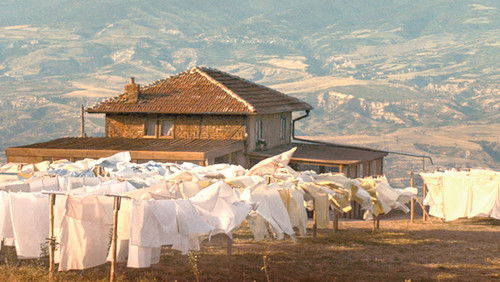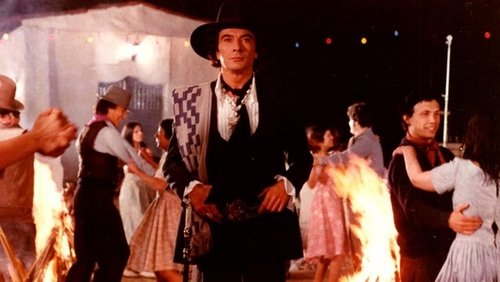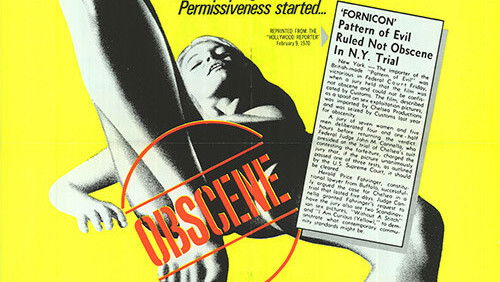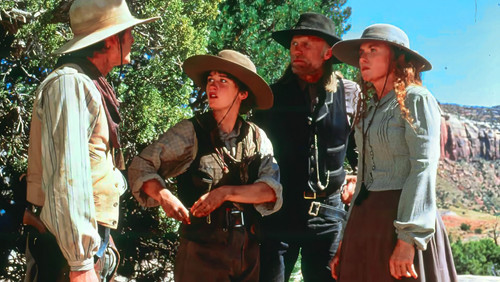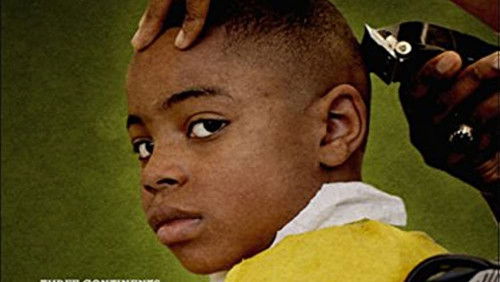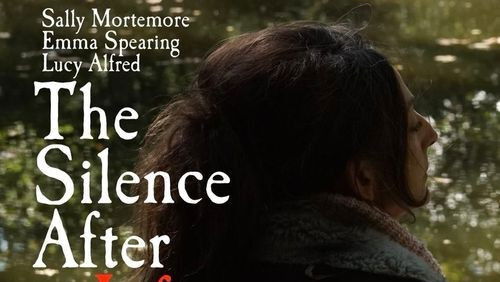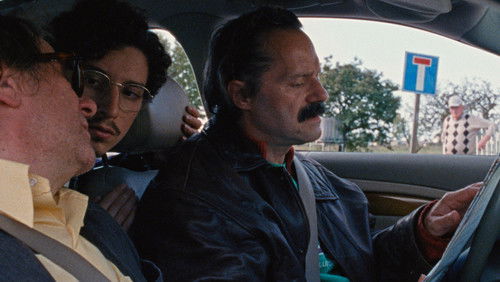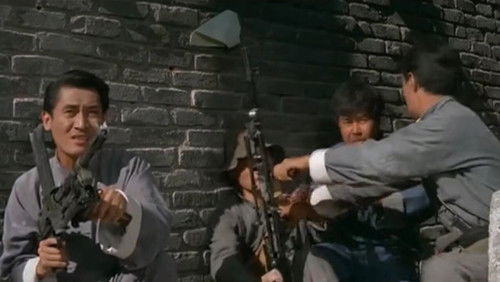Bis dann, mein Sohn (2019)
28KBis dann, mein Sohn: Directed by Xiaoshuai Wang. With Jingchun Wang, Mei Yong, Xi Qi, Roy Wang. Two married couples adjust to the vast social and economic changes taking place in China from the 1980s to the present.
“In very many ways this film is almost a reboot of Zhang Yimouu0026#39;s film To Live, from 1994, which tells the many trials and tribulations of a family from the founding of the Peopleu0026#39;s Republic in 1949 to the end of the Cultural Revolution in 1976. So Long My Son picks up that chronological baton, and tells a story about family bonds, the meaning of friendship and what constitutes our morals and ethics through the last 30/40 years of Chinese history, from a stilted, materially basic time of 1980 through to the hypermodernity of China in the 2010s.u003cbr/u003eu003cbr/u003eIn the same way To Live aimed thinly disguised critiques at the Chinese governmentu0026#39;s policies through showing its impact on ordinary people, So Long My Son fires a number of shots too and itu0026#39;s in fact a little surprising to me some of these have been overlooked by the censors. The most obvious of them is the criticism of the one child policy, but hidden in there too are mentions of the privatisation of state owned industries in the early 90s and the mass redundancies that went with them, as well as criticism of the wealth inequality of modern China that has ensued from the market economy transition of the 80s and 90s.u003cbr/u003eu003cbr/u003eIu0026#39;m unsure if this was a problem specific to the release version I saw, though I have seen other reviews saying the plot was hard to follow, but I noticed that the English subtitles was often only translating about 1/5 of the dialogue in Mandarin. As a speaker of both, I followed the plot and characters quite easily, but can absolutely understand why many reviewers and comments have said they found the characters and plots hard to distinguish if the subtitling was a problem. However, with one eye on the subtitles, I think the fact they were missing a lot of the Mandarin dialogue would have created a really dreamy plotline that complements well the cinematographic style deployed – long panoramic shots that suddenly cut into a characteru0026#39;s perspective; languid sequences that soak in the environment; and shots designed to make the audience feel voyeurs in a private situation.”
